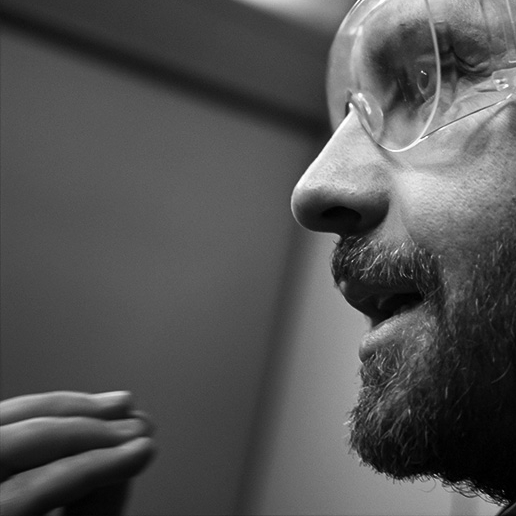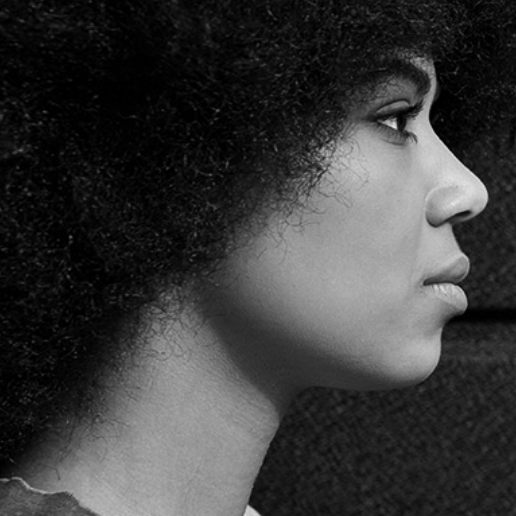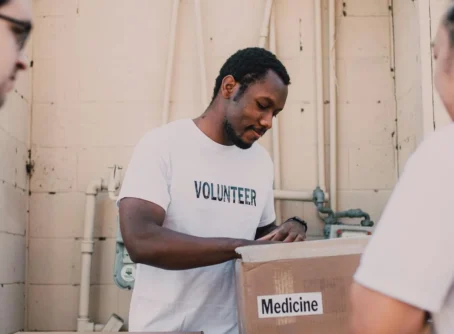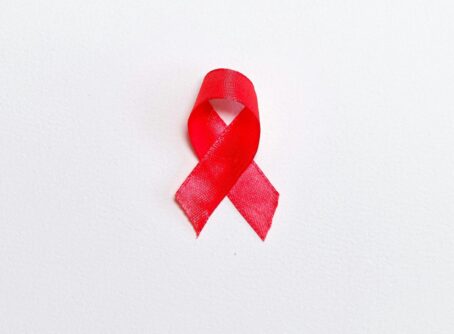“Faith-based initiative”—sometimes, “partnership initiative”—is the term used for deliberate action by the federal government to ensure that, when government partners with private organizations to promote the good of persons and communities, it includes in its partnerships organizations inspired and guided by religion. This is sometimes called the “level playing field” approach in federal funding: religious organizations, along with secular organizations, can compete for federal dollars to provide social services, with the rules protecting the rights of people needing help. A signature institution is the White House Office of Faith-Based and Neighborhood Partnerships. The initiative dates back to Charitable Choice laws signed by President Bill Clinton in the late 1990s and has been carried forth by every succeeding president.
Faith-Based Initiative
What is the Faith-Based Initiative?
Development of the Initiative
Governments in the United States have always collaborated with the many private organizations, religious and social, that compassionate and justice-seeking people have created to assist their neighbors. As the federal and state governments massively expanded their social spending starting in the 1960—recall President Lyndon B. Johnson’s Great Society and War on Poverty—they continued to collaborate, but became more prescriptive. Scholars write about “nonprofits for hire”—private organizations receiving government funds and losing most of their freedom to be innovative in services. The U.S. Supreme Court, interpreting the First Amendment in a strict-separatist, “no aid to religion” way, discouraged government from collaborating with organizations that have strong religious identities.
Charitable Choice
Charitable Choice is the name given in the 1990s to innovative new principles to govern the award of government funds to religious organizations to provide social services. Previously, to avoid the establishment of religion, government officials were reluctant to provide government grants to organizations that were obviously or pronouncedly religious. The consequence was the exclusion of many religious organizations from the partnerships the government routinely entered into with private organizations.

Equal Treatment Regulations

IRFA

Religious Hiring

Pro-FBO Law & Policy

Advocacy



